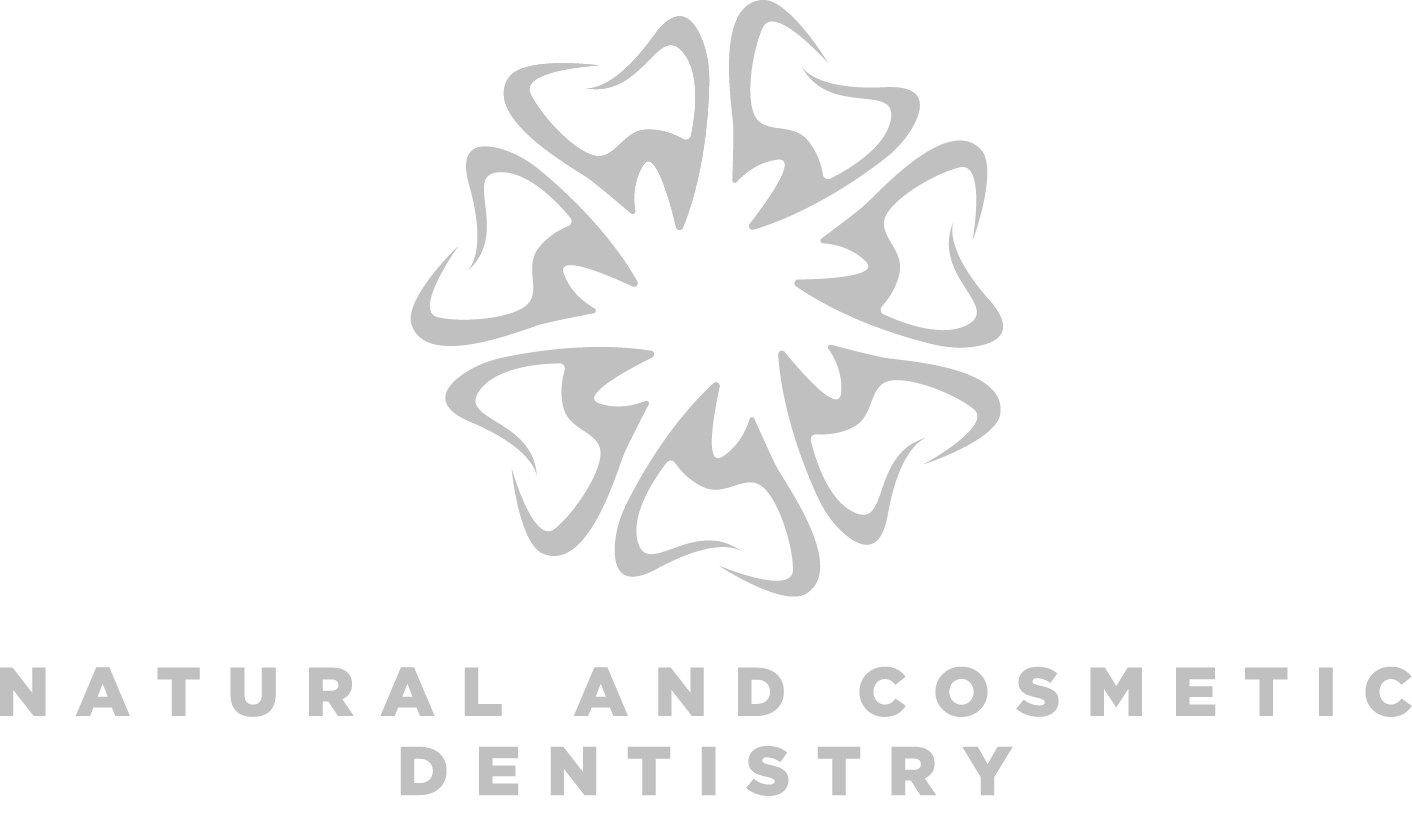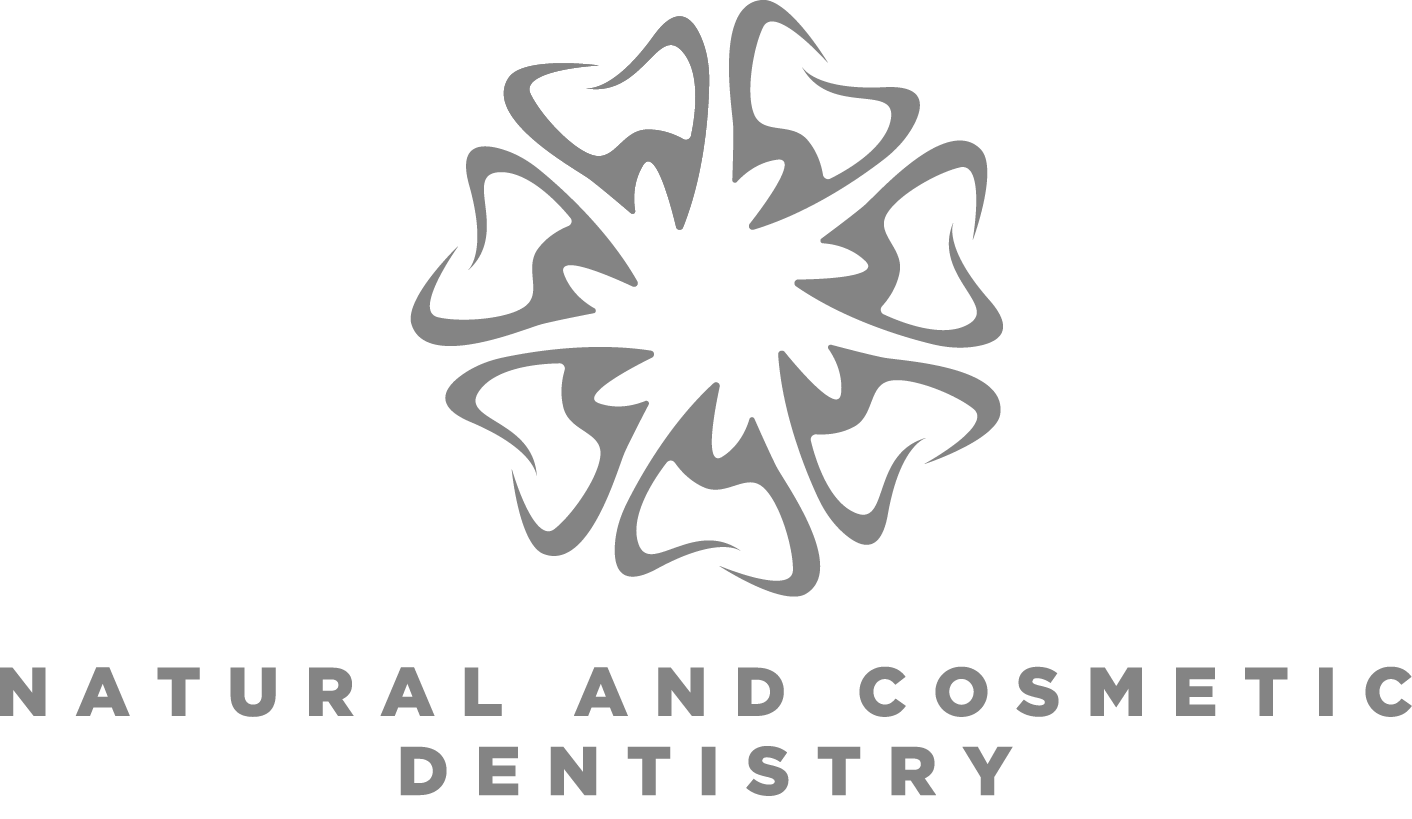When your dentist looks into your mouth, they don’t just see teeth that need fillings or plaque that has built up. They can actually learn all about your overall health, including what foods you eat. Nowadays, researchers are beginning to see how much of a vital role diet plays in your overall health. What you put in your body can affect everything from cancer and cardiovascular health to tooth decay. Fortunately, there is a diet you can implement that will make your mouth – as well as your body – healthier.
What Does a Healthy Mouth Need?
Despite everything we know about the power of diet, some people might still be surprised to find out that a healthy and wholesome diet can keep you from frequenting the dentist chair. Foods that are high in calcium, vitamin D, and vitamins A, K1, K2, and E keep your teeth strong and gums healthy.
If your mom ever told you to drink your milk so you would have strong teeth, she was right! The mineral calcium is extremely important for your body’s health. It keeps your bones and teeth strong, and even helps your muscles move. If you don’t have enough calcium, your body will actually start pulling it from your teeth and bones, leaving them brittle and vulnerable. This is why it is so important to eat and drink calcium-rich foods like milk, yogurt and cheese. If you are not into dairy products, do not despair. Calcium can also be found in leafy greens and certain seeds like sesame and chia.
Eating all this calcium won’t do much good for you if your vitamin D levels are low, because vitamin D is actually what allows your body to absorb calcium. Without vitamin D, your body can also suffer from many other ailments like autoimmune disorders and bone disorders. Healthy levels of vitamin D can be absorbed through the sun or obtained in foods like yogurt, fish, eggs, and even cereal.
Vitamins A, K1, K2, and E are fat-soluble vitamins that help remineralize your teeth, strengthening them while also protecting other areas of your body. Research has also shown that one way to keep the bacteria in the mouth balanced is through the use of probiotics. Fermented foods like kimchi and probiotic yogurt can help control the bacteria in the oral microbiome.
Risks of An Unhealthy Diet
While mouth health has a genetic component, most problems associated with oral health are the result of what people are consuming. High sugar diets, smoking, and a lack of important nutrients can lead to harmful problems like cavities (tooth decay) and periodontal disease (gum disease). Cavities are the result of plaque buildup, which produces an acid that eats away at the tooth. The bacteria in plaque thrives in sugar, so someone who eats and drinks a high sugar diet – including soda, fruit juices, fruits, candy, and even carbs – will often develop cavities over someone who does not consistently consume sugars. If you can’t cut your sugar habit, try rinsing your mouth out with mouthwash or brushing your teeth after consuming sugar.
Unfortunately, it isn’t just cavities that can occur with a poor diet; it also leads to gum disease. Gum disease is caused by inflammation of the gums. Over time, this inflammation causes the gums to create pockets, where bacteria begin to fester. These bacteria destroy the tissue and can lead not only to your teeth falling out, but increased inflammation in other parts of your body such as your heart. A diet made of whole foods, and low in sugar and carbs, can prevent all of this.
Healthy Diet, Healthy Mouth, Healthy Life
If you implement a diet that is full of vitamins and minerals and low in sugar and carbs, your mouth – and body! – will thank you. Keeping your mouth healthy is as simple as being mindful of what you eat and drink. A healthy diet will not only keep your teeth and gums looking great, but you will notice your overall health has improved. Maintaining a low inflammation diet full of wholesome foods will help stave off hosts of chronic conditions. It’s time to take your diet into your own hands and take the first step toward great oral health.



